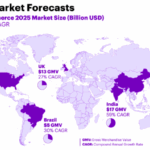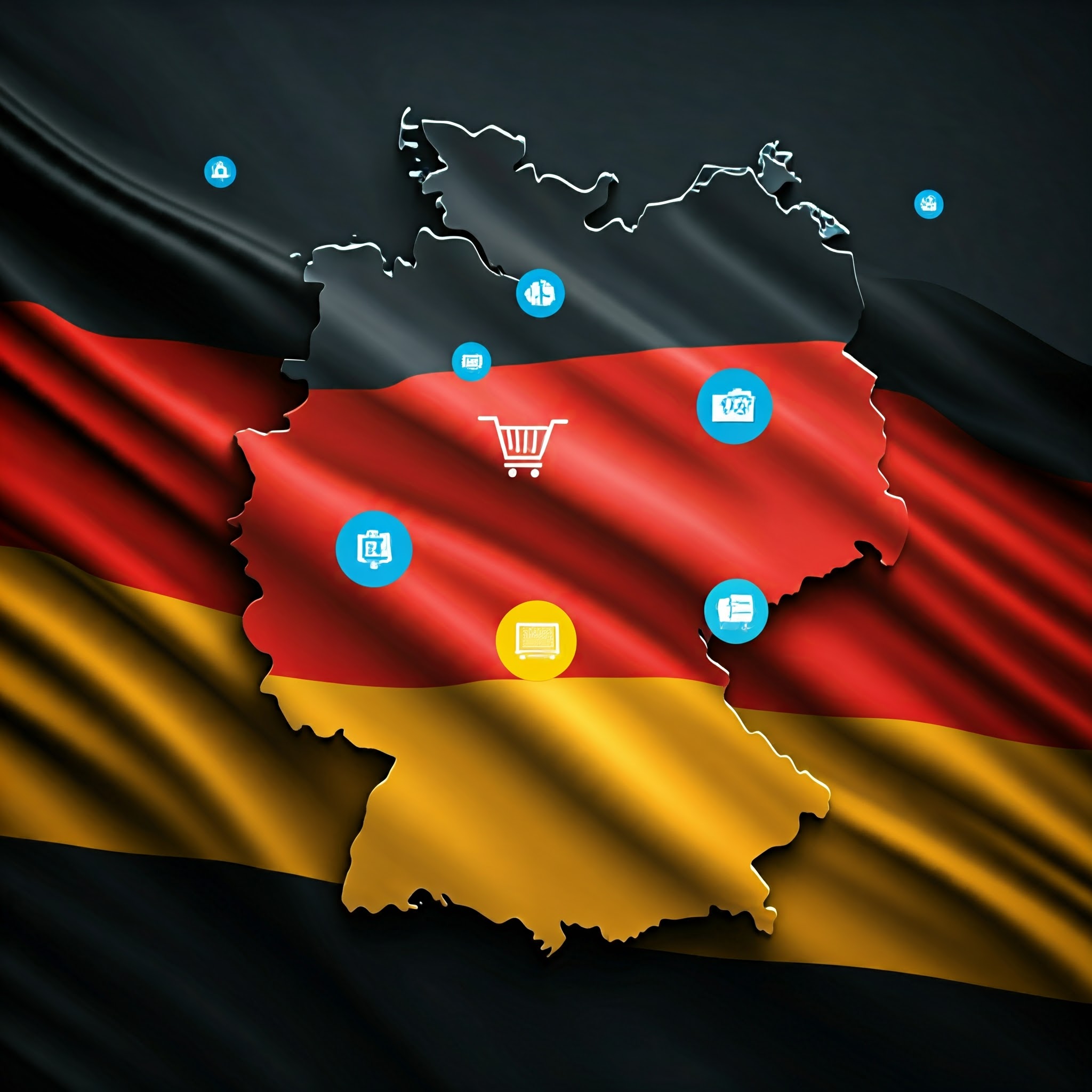Germany’s ecommerce sector seems to be entering a new period of growth after experiencing a brief downturn. The days of declining online sales, which marked the last couple of years, appear to be behind us, as recent research indicates the market is poised for recovery. According to a study by EHI Retail Institute and the Ecommerce Database (ECDB), titled E-Commerce Market Germany 2024, the sector is projected to see a modest but significant uptick in sales this year.
Decline in Previous Years
The ecommerce market in Germany saw a notable decline in 2022, with the total net sales of the top thousand online retailers falling by 2.8 percent. This marked the first time in over a decade that the sector experienced negative growth, following fifteen years of continuous expansion. The pandemic years of 2020 and 2021 had fueled an unprecedented surge in online shopping as consumers shifted away from physical stores due to lockdowns and restrictions. However, as the world returned to some level of normalcy in 2022, the ecommerce market took a step back, reflecting what many analysts termed as a “post-COVID rebound.”
Last year, in 2023, this trend continued, though the decline was much less dramatic. The top thousand online retailers in Germany reported a 0.2 percent decrease in total revenue, equating to a reduction of 164 million euros. While this decrease was minor compared to the previous year’s, it signaled that the market had not yet fully stabilized.
Recovery on the Horizon
Despite these challenges, there is optimism in the air. EHI and ECDB’s research suggests that 2024 will mark the beginning of a new growth phase for the German ecommerce sector. Lars Hofacker, a researcher at EHI, remarked, “Online commerce is returning to the development curve that would have been expected without the pandemic.” In other words, the market is beginning to realign with the growth trajectory it was on before the global health crisis disrupted consumer behavior.
The research predicts a nominal growth rate of 1.1 percent for the top thousand online retailers in 2024, indicating that the market is gradually regaining its footing. This is a welcome shift after two consecutive years of declining sales, albeit marginal. The growth is modest, but it reflects a broader stabilization in consumer spending and suggests that the ecommerce sector is adapting to post-pandemic realities.
Long-term Growth Trends
It’s important to note that the recent fluctuations in Germany’s ecommerce market are part of a broader long-term trend. Before the pandemic, the sector had been growing consistently, with the top thousand online stores seeing an average annual revenue increase of 10.7 percent from 2008 onwards. The pandemic may have caused a temporary disruption, but it also accelerated certain changes in consumer behavior that are likely to have a lasting impact on the market.
Online shopping has become an integral part of everyday life for many people in Germany, and the convenience of ecommerce is not something most consumers are likely to give up. While growth has slowed in the last couple of years, the underlying demand for online shopping remains strong.
Outlook for the Future
Looking ahead, the German ecommerce market seems to be on a steady path toward recovery, even if the pace of growth is slower than in previous years. The 1.1 percent nominal growth forecast for 2024 is a positive sign, but challenges remain. Rising inflation, changes in consumer confidence, and evolving competition from both domestic and international retailers will continue to shape the market in the coming years.
However, if the sector can adapt to these challenges, there is reason to believe that it will continue to expand. Many retailers are investing in technology and infrastructure to improve their online offerings, while consumers are becoming more accustomed to the convenience of digital shopping. As the market evolves, there will likely be new opportunities for growth in areas such as mobile commerce, same-day delivery, and personalized shopping experiences.
In conclusion, while the German ecommerce market has faced setbacks in recent years, the outlook for 2024 suggests a return to growth. The modest 1.1 percent increase in sales may be just the beginning of a new phase of expansion, as the sector continues to adapt and evolve in the post-pandemic world.










